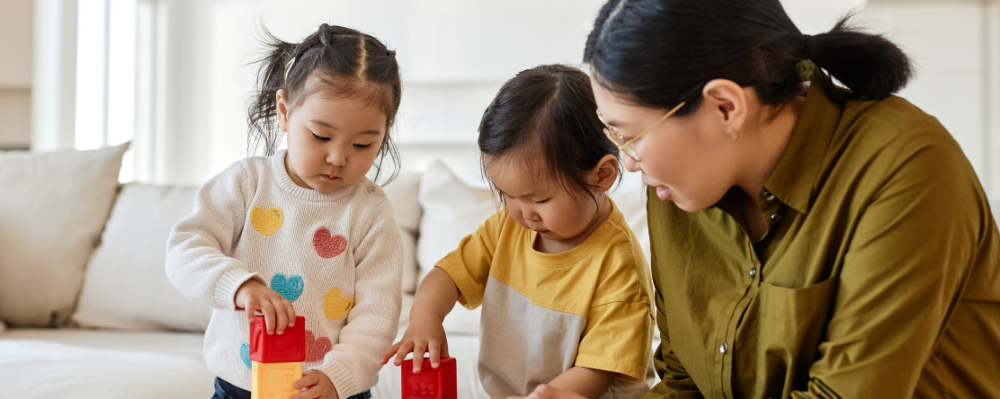
The Lotus Project: Youth Mental Health Blog Project
-
Focus Areas
Women, Youth & Children -
Issues
Mental Health, Violence Prevention -
Programs
Health Intervention Projects for Underserved Populations
Since 2020, violent hate crimes directed at Asian American and Asian Immigrant (AAAI) communities have increased dramatically, in turn fueling anxiety, stress, and depression, especially among AAAI youth. To address this rise in mental health need and break down the stigma associated with seeking help, programs like The Lotus Project are working within communities to uplift lived experiences and build systems of support led by community members themselves.
Launched in late 2022 by two of The Lotus Project’s youth advocacy interns, Oakland, CA high school students Wesley Chen and Jessica Louie, the Youth Mental Health Blog Project aims to address various topics ranging from culture, identity, and racism to mental health and stigma in the AAAI community while amplifying AAAI youth voices, stories, and experiences.
Learn more about the project in this video, and read all of the blog posts below.
The Lotus Project is an initiative of PHI’s Health Intervention Projects for Underserved Populations.
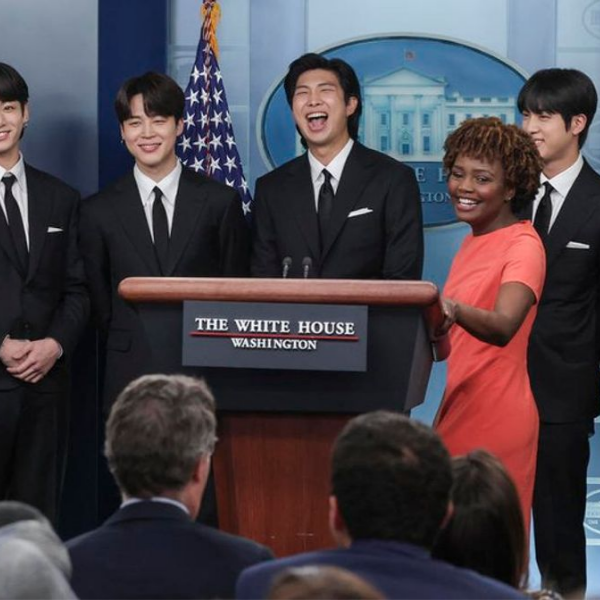
K-Pop Music To Political Messaging: The Remarkable Impact
By Fathima Mohammadi
As the White House begins to initiate more policies in order to protect Asian Americans, a popular K-pop boy band by the name Bangtan Boys or BTS, announced a statement published in Korean and English - referring to discriminatory experiences that made them feel “powerless” says a BBC news journalist. The English/Korean statements were posted on Twitter, and liked by more than 2,000,000 users across the globe. In short, BTS stated that they stand against racial discrimination and that everyone has the right to be respected.
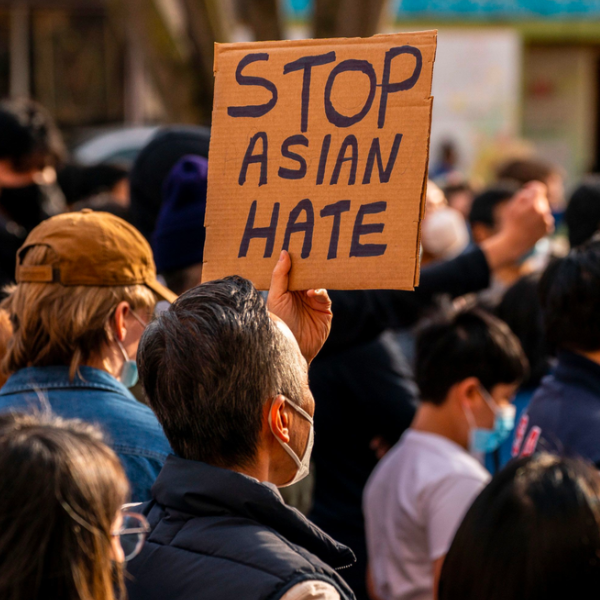
AAPI Hate: Taking the First Step in the Right Direction
By Wesley Chen
In 2021, anti-Asian hate crimes increased by over 339 percent nationwide. These incidents range from verbal abuse to acts of vandalism and even physical assaults. Many believe that these incidents are fueled by xenophobic and racist beliefs towards the AAPI community. They are perpetuated by false narratives blaming the AAPI community for the COVID-19 pandemic. It certainly doesn’t help when influential public figures popularize these conspiracy theories by actively promoting them.
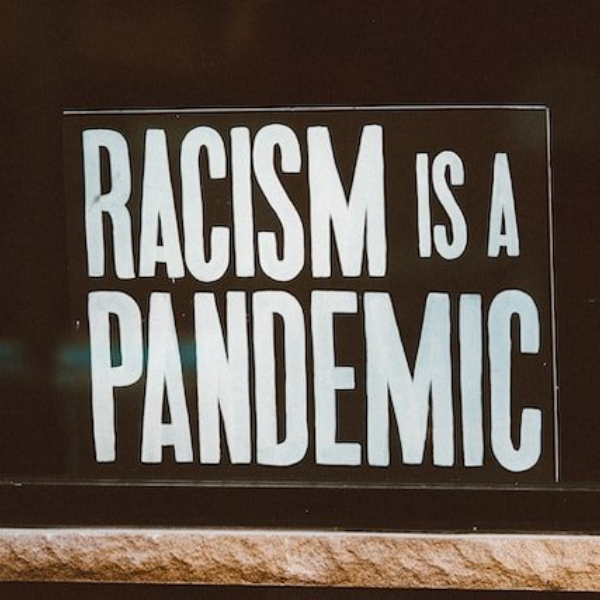
AAPI Hate: Perspectives and Experiences
By Jessica Louie
Asians have been the target of violence in the United States for hundreds of years, almost ever since their arrival in the 19th century. Throughout history, Asians have faced both violent acts and harmful stereotyping, such as the Model Minority Myth, a stereotype that continues to this day and has real-world effects.

Asian Americans in the Media
By Gina Zhang
The representation of Asian Americans in Asian American media is extremely scarce, and rarely ever represented accurately. Growing up, I barely ever saw someone who looked like me on screen, and when I did see them they would be portrayed with a certain stereotype.
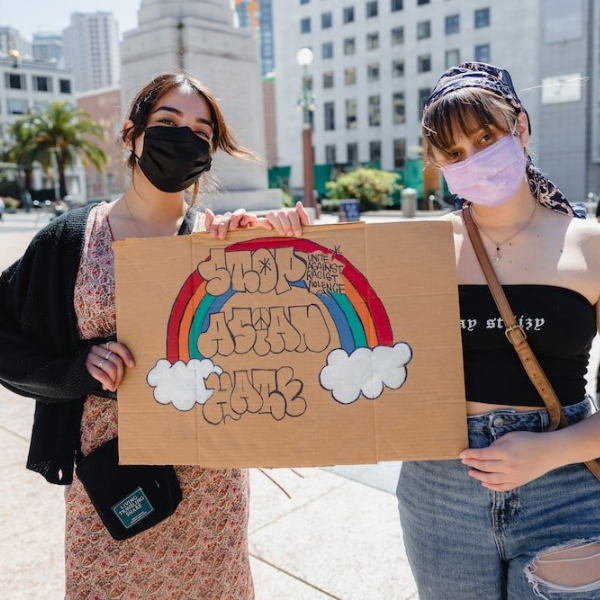
How to Deal with AAPI Hate
By Ankita Gupta
Hatred towards Asian American Pacific Islanders is nothing new. In particular, violence and harassment against Asian elders increased dramatically in New York City relative to other major cities in the U.S. such as San Francisco. While the Covid-19 outbreak has led to a significant rise in anti-Asian prejudice and violence targeting our communities, AAPIs are familiar with both racism and xenophobia due to their shared history in the US.

(Sussy) Imposter Syndrome
By Sarah Zhao
The idea of imposter syndrome is connected to the feeling of being a fraud. People begin to believe their achievements were made not through one’s own skill but mainly through luck. Imposter syndrome is related to perfectionism and the pressure to achieve. When people become conditioned to feel the need to achieve in order to be worthy of love and admiration, they begin to tie their self-worth to their achievements at an unhealthy level.
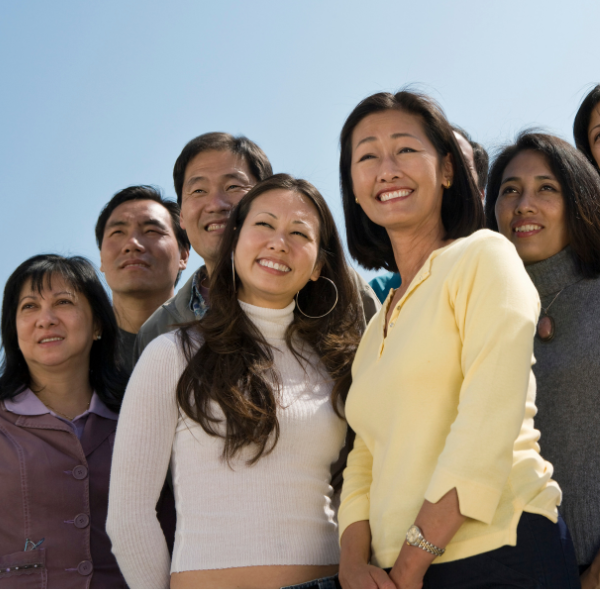
Model Minority Myth: Are Asians the Victims, the Perpetrators, or Both?
By Wesley Chen
Being a model minority in the United States is often misconstrued by society to have positive connotations. Even amongst Asian Americans, there are some who still take pride in being known as the model minority. After all, who doesn’t want to be perceived as a role model?
What many don’t realize is that these standards that society has set upon us and that we’ve embraced into our culture is a form of internalized oppression.
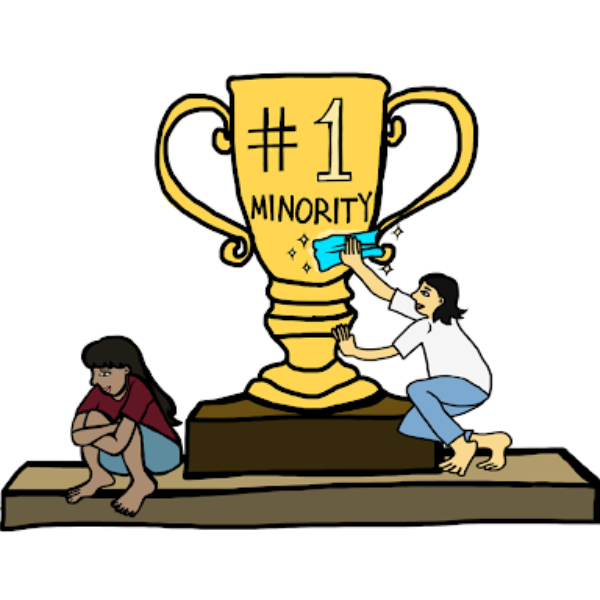
Why the Model Minority Myth is Dangerous
By Jessica Louie
The Model Minority Myth is the belief that a specific minority group is particularly successful in comparison to other minority groups. It was coined in the 1960s by sociologist William Petersen in a New York Times magazine article that described the “success” of Japanese Americans after being forced into internment camps in WWII and yet were still able to rebuild their lives.
Originally published by The Lotus Project | Youth Mental Health Blog Project
Work With Us
You change the world. We do the rest. Explore fiscal sponsorship at PHI.
Support Us
Together, we can accelerate our response to public health’s most critical issues.
Find Employment
Begin your career at the Public Health Institute.
